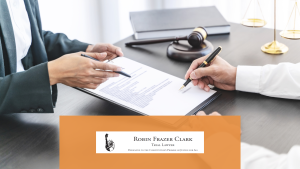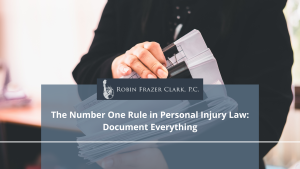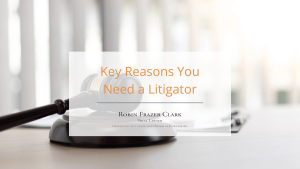
I was very happy to hear that President Biden has decided to right historical wrongs by pardoning any U.S. veterans who were convicted for being gay while serving in our U.S. Armed Forces. It is well past time for our country to acknowledge this wrong and the damage it did to so many gay veterans. As President Biden stated: “Today, I am righting an historic wrong by using my clemency authority to pardon many former service members who were convicted simply for being themselves,” Biden said in a statement. “We have a sacred obligation to all of our service members –- including our brave LGBTQI+ service members: to properly prepare and equip them when they are sent into harm’s way, and to care for them and their families when they return home. Today we are making progress in that pursuit.” About time, is all I can say.
I find this very interesting given my experience in securing a Presidential Pardon for a client who had been convicted of having a homosexual relationship while he was serving as an Officer in the U.S. Army. He served a year and a half in Ft. Leavenworth Prison for being gay. I worked for this client for 6 years pro bono, partly because my innate sense of Justice drove me to do so, partly because I have been fighting for equality for gay people for the last 40 years or so, and partly because I could not let this injustice to this client go on and be able to look my two children in the eyes. Both of my kids, who were in college at the time, could not believe that our Government, with its vasts resources, would use those resources to prosecute and convict a U.S. Veteran of simply being who he was. It was simply unfathomable to them and to me. But it really happened. So I set out on a 6 year journey and struggle to obtain a Presidential Pardon for him. Since being gay in the U.S. Army was a Federal offense, only a Presidential Pardon would do. He had been convicted on July 17, 1989, which means he endured 28 years of having the conviction and a dishonorable discharge on his record. This resulted in his being unable to obtain a home mortgage, being limited in potential jobs he would be hired for, being unable to vote, just as some examples of the impact on his life this had.
I will never forget that telephone call on January 17, 2017 from the Department of Justice Pardon Attorney, informing me that President Obama would be granting my client a pardon. What an unbelievable moment! Probably my greatest achievement as a lawyer. And then to call my client and hear his elation on the phone was an incredible moment.
 When you’re already dealing with physical pain, emotional stress, and financial strain, the thought of going through a lawsuit seems like just another burden. Knowing what lies ahead puts you back in control. Every personal injury case is unique, but the legal process follows a fairly predictable path. If you know what to expect, you can focus on healing while your attorney fights for your right to compensation.
When you’re already dealing with physical pain, emotional stress, and financial strain, the thought of going through a lawsuit seems like just another burden. Knowing what lies ahead puts you back in control. Every personal injury case is unique, but the legal process follows a fairly predictable path. If you know what to expect, you can focus on healing while your attorney fights for your right to compensation. Atlanta Injury Lawyer Blog
Atlanta Injury Lawyer Blog























